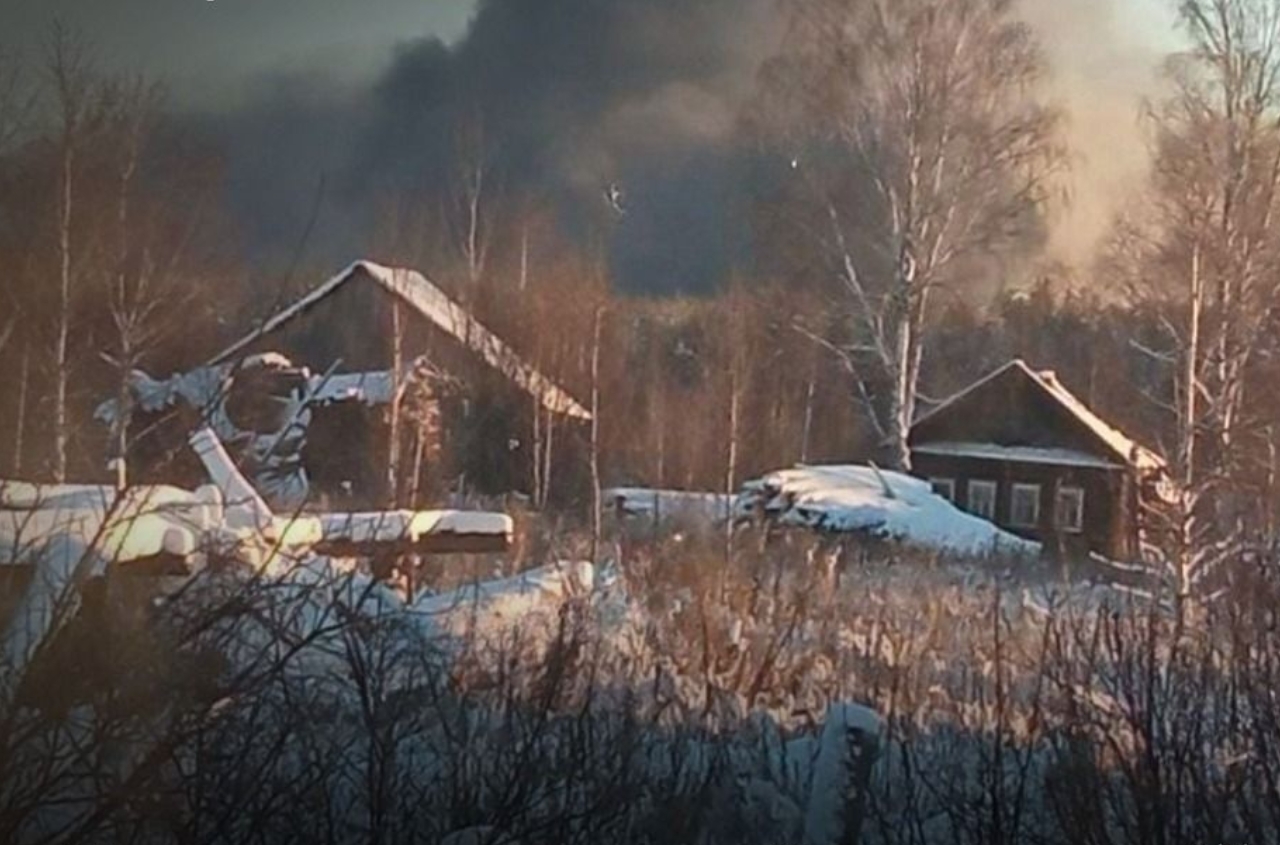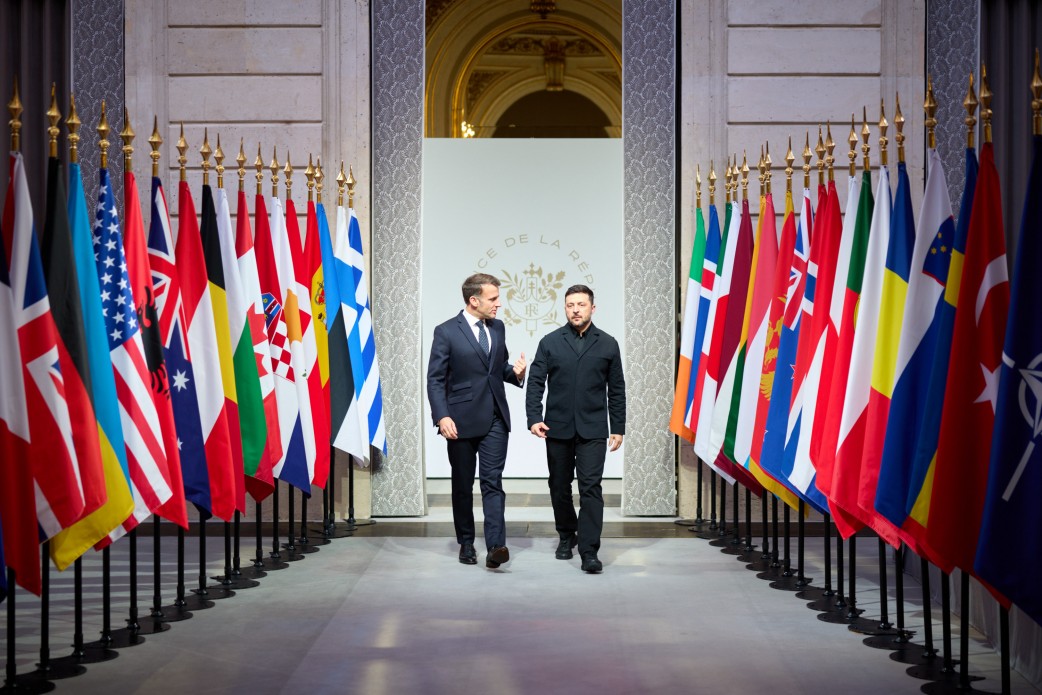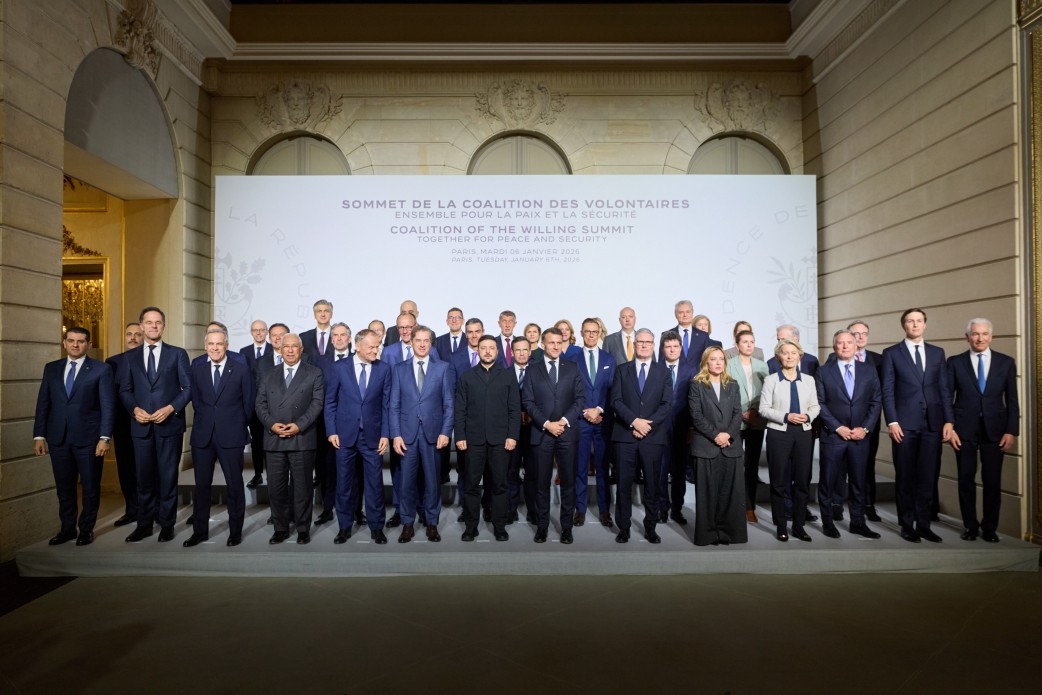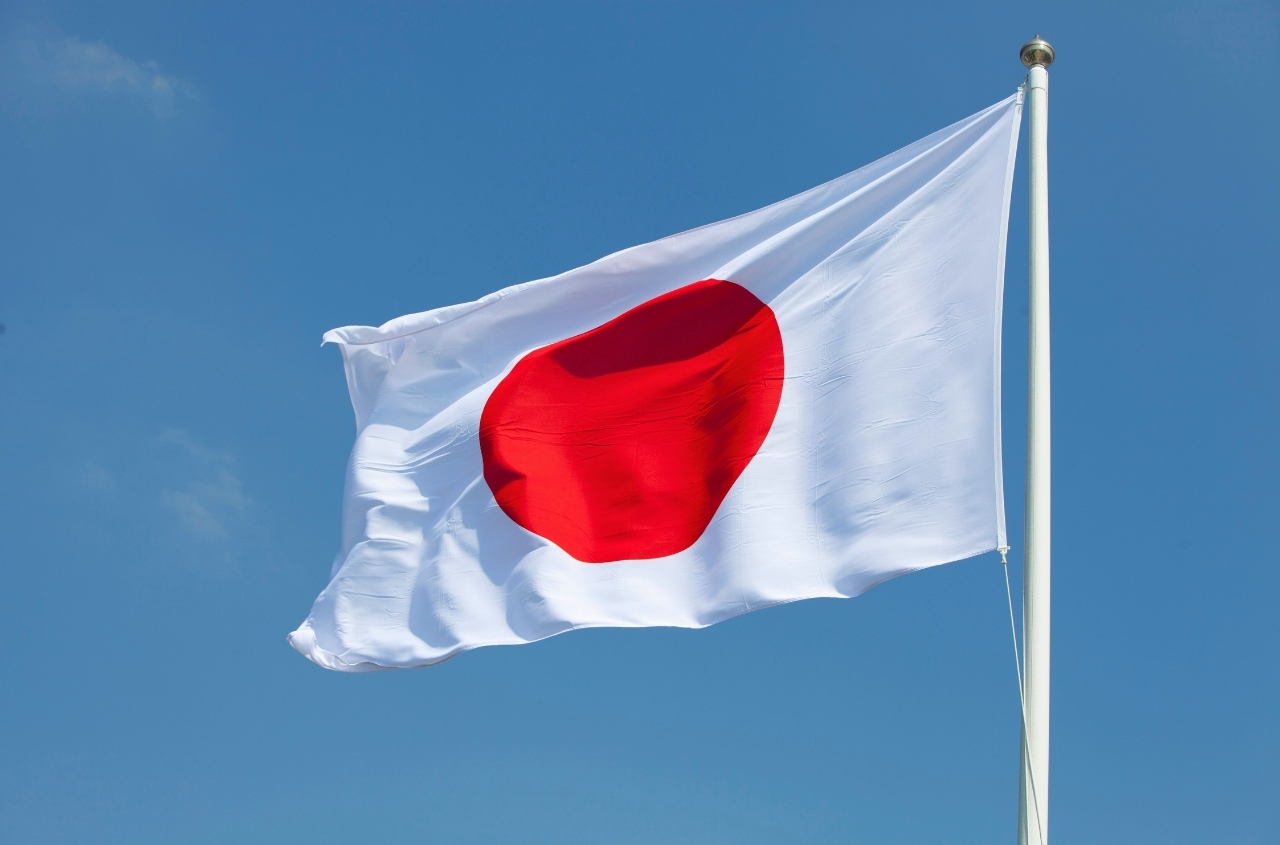Vitaliy Matvienko, the spokesperson of the "I want to live" project, told about this on the air of the national telethon.
He said that in March, the project registered a record number of such appeals — more than 3,000, which is twice as many as in 2022.
"In October and December 2022, we recorded an average of 1,400-1,500 appeals monthly. In January-March, the number increased to 2,500," Matvienko said.
He detailed that there are individual and group appeals. Russians are surrendered along the entire front line, often with ammunition, among which unique samples exist.
According to Matvienko, the particular interest in the "I want to live" project on the part of Russian soldiers is connected with the expected counter-offensive of the Armed Forces and the increase in losses in the Russian army, and the deterioration of morale and psychological state.
According to the Coordination Headquarters for the Treatment of Prisoners of War, during the six months of the project's operation, despite regular attempts by Roskomnadzor to block access, the "I want to live" website was visited by more than 14 million people, 84% of whom were visitors from the territory of Russia. In addition to the Russian military, their relatives and loved ones contact the hotline, as mobilized Russians who arrived in Ukraine as part of the occupying army often do not have access to the Internet or communication.





















